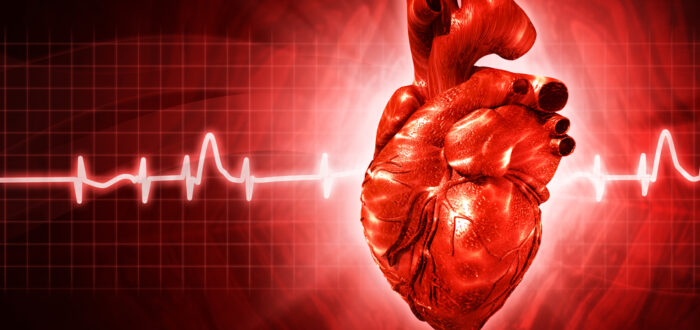Hearing loss is a common and often underestimated health issue, affecting millions of people around the world. One of the surprising aspects of hearing loss is its potential connection to other health conditions. In this blog, we’ll explore a fascinating yet relatively less-known link: the relationship between stroke and hearing loss. Is there a connection, and if so, how does it impact individuals? Let’s delve into this intriguing intersection of health and hearing.
The Two Conditions: Stroke and Hearing Loss
Understanding Stroke:
A stroke occurs when there is a disruption in blood supply to the brain, leading to damage in brain tissue. Strokes can result from a blocked blood vessel (ischemic stroke) or the rupture of a blood vessel (hemorrhagic stroke). They can cause a range of physical and cognitive impairments, depending on the affected area of the brain.
Exploring Hearing Loss:
Hearing loss can be categorized into several types, including conductive, sensorineural, and mixed. Sensorineural hearing loss, often age-related, is the most common and typically involves damage to the inner ear or the auditory nerve. This type of hearing loss is often irreversible.
The Surprising Connection
Recent research has unveiled a noteworthy connection between stroke and hearing loss:
1. Shared Risk Factors:
- Both stroke and hearing loss share common risk factors, such as hypertension (high blood pressure), diabetes, and smoking. These risk factors can contribute to vascular damage and impact blood flow to the inner ear and brain.
2. Changes in the Brain:
- Strokes can lead to changes in the brain, affecting areas responsible for auditory processing. This can result in auditory processing difficulties, making it harder for stroke survivors to understand speech, especially in noisy environments.
3. The Role of Medications:
- Some medications prescribed after a stroke, such as certain diuretics and antibiotics, may have side effects that impact hearing.
4. Emotional and Cognitive Impact:
- The combination of stroke-related challenges and hearing loss can increase feelings of social isolation, anxiety, and depression among stroke survivors.
The Importance of Early Detection
Given the potential link between stroke and hearing loss, early detection is crucial:
1. Routine Hearing Screenings:
- Regular hearing assessments, especially for individuals with risk factors for stroke, can help detect hearing loss early.
2. Timely Stroke Recognition:
- Recognizing the signs of stroke and seeking immediate medical attention can reduce the risk of severe brain damage and potential hearing-related complications.
Bridging the Gap
While the link between stroke and hearing loss is a relatively recent area of exploration, it underscores the intricate connections within our bodies. Understanding this link can lead to more holistic healthcare approaches that address both conditions simultaneously. It also emphasizes the importance of regular health check-ups, hearing screenings, and lifestyle choices that reduce the risk of both stroke and hearing loss. By bridging the gap between these two health concerns, we can enhance the well-being of individuals and provide them with a better quality of life.
Need Help? Have a Question? Contact Us Today!
At Madison & Saratoga Hearing Center, our experienced hearing care professionals are here to help you with all your hearing needs. If you have questions or would like to get your hearing checked, contact us today to schedule an appointment. Call 518-430-4005 or click here to book a consultation today.

